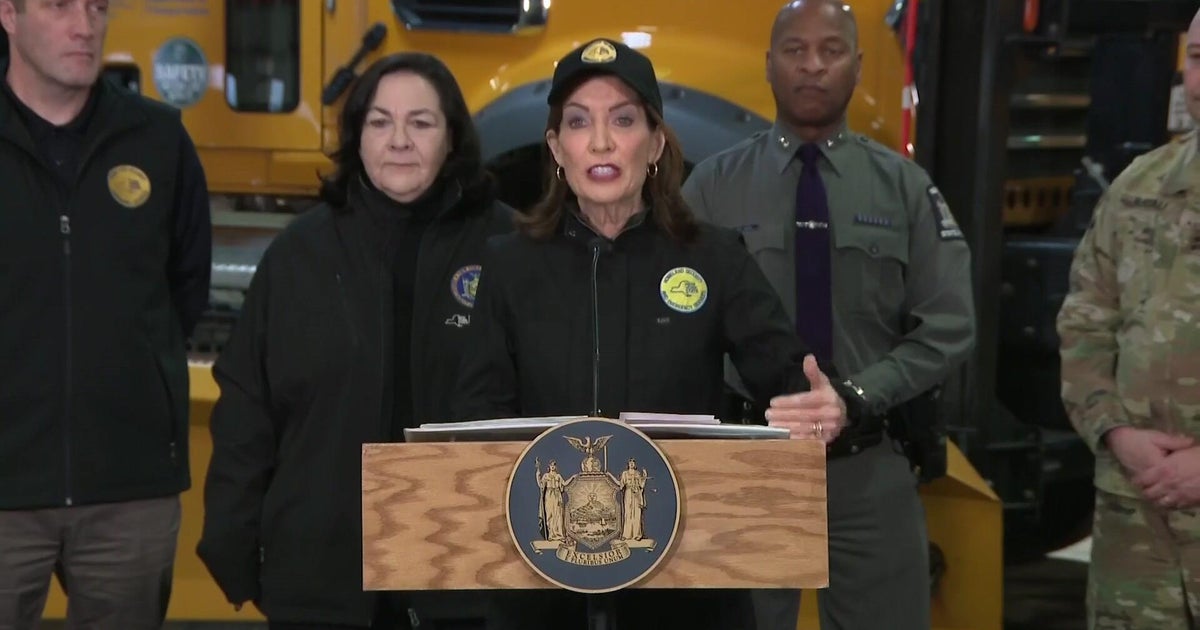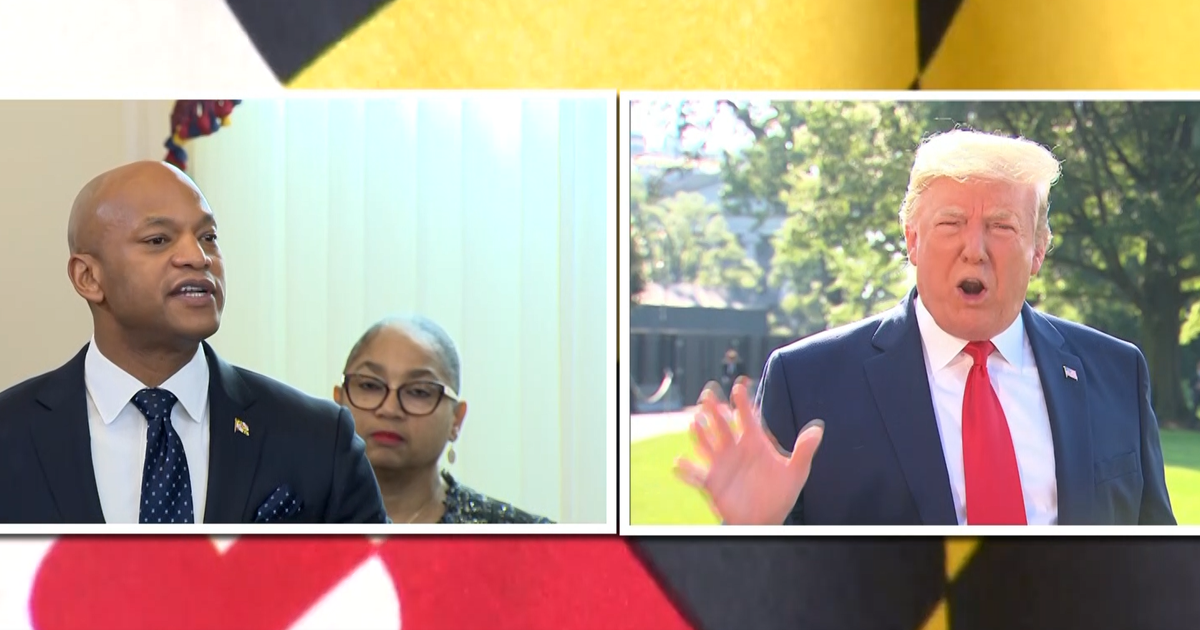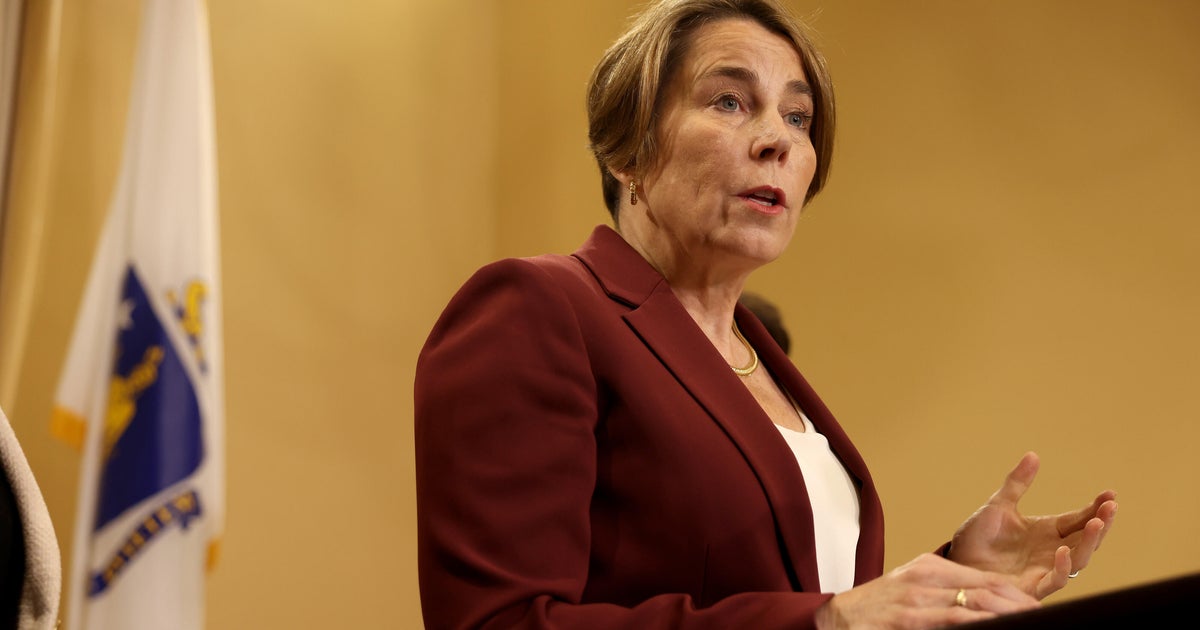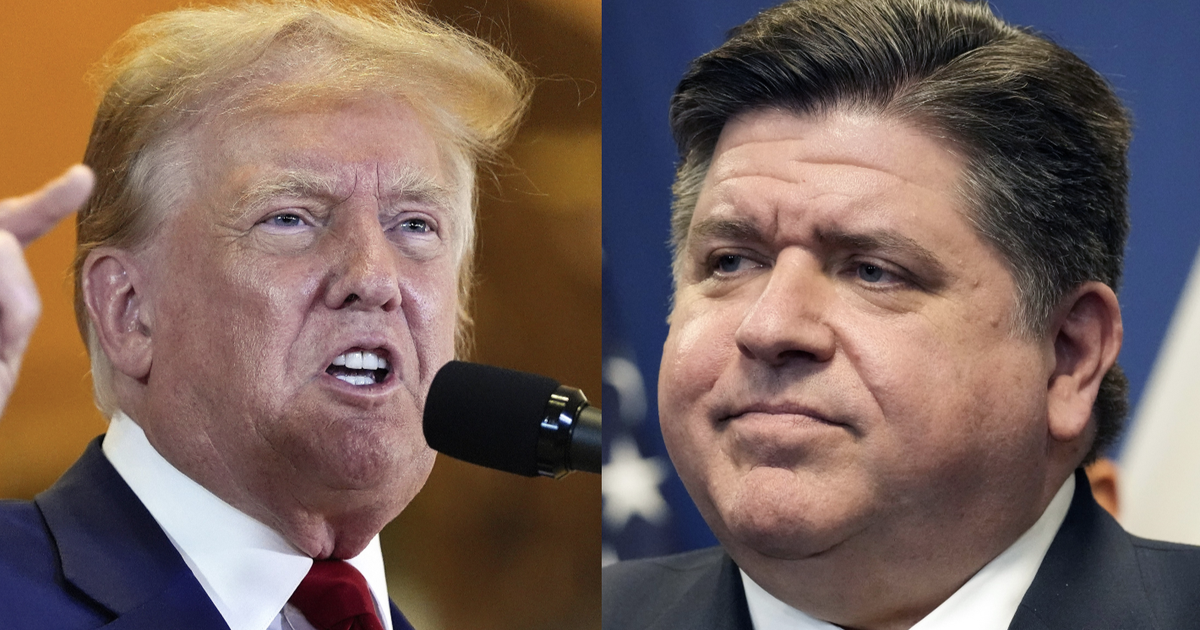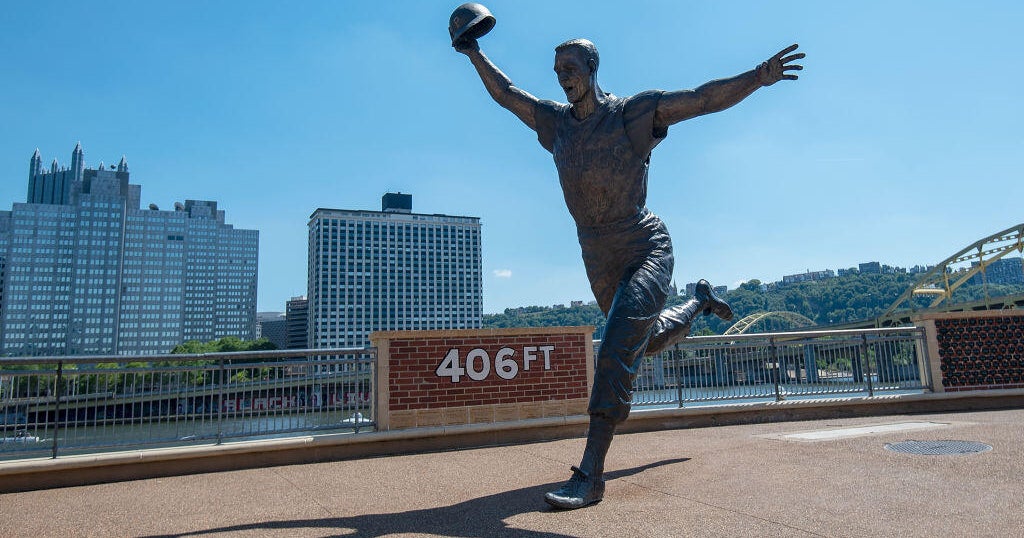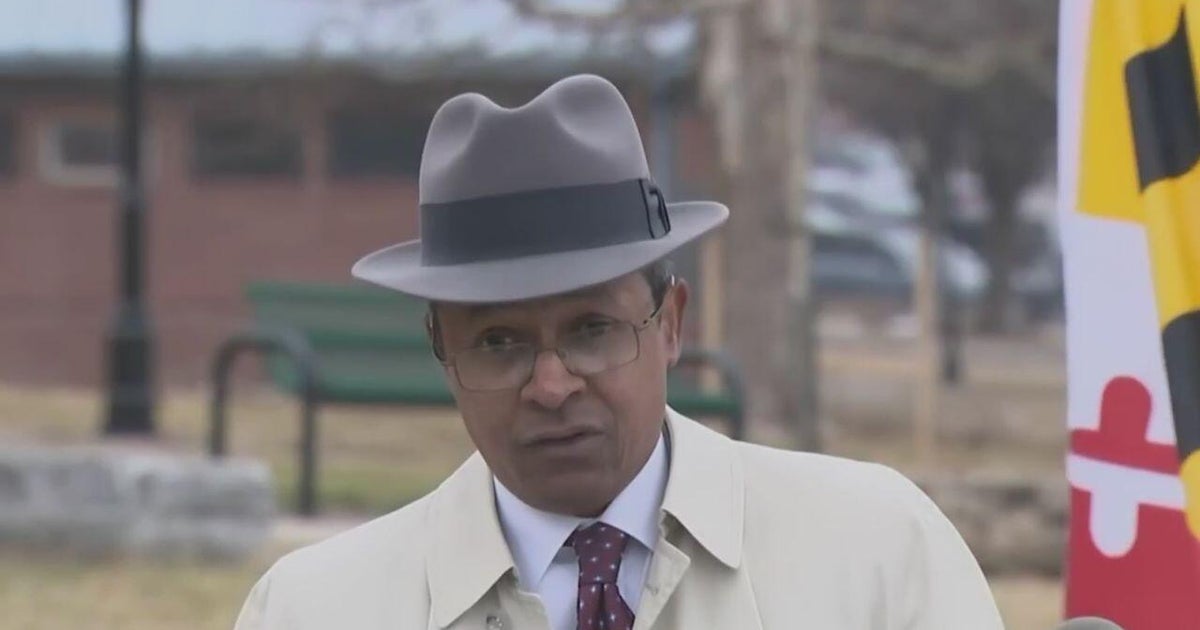Gov. refiling casino bill as blaming begins

The blame game swung into full fervor Monday as Massachusetts politicians tried to position themselves amid a stalemate over legislation proposing to bring casino gambling to the state.
Independent gubernatorial candidate Timothy Cahill said Gov. Deval Patrick would cost Massachusetts up to 15,000 jobs if he did not accept the bill approved late Saturday by the Legislature. It would create three casinos and two slot machine parlors, the latter of which had been resisted by Senate President Therese Murray but demanded by House Speaker Robert DeLeo.
"If the governor vetoes this bill, or if he sends it back and it's unsignable or unworkable with the Legislature, he owns this recession; this is his recession," Cahill said during a news conference in front of the Statehouse.
But Patrick challenged the House and Senate by refiling amended legislation that would eliminate the slot parlors. He has repeatedly argued that they generate few of the jobs promised by the casinos but an abundance of the social ills such as gambling addiction feared by critics.
"Let's enact what we agree on. Let's put the disagreements aside for another day," he said. "It's in their hands, and I hope they will."
The Democrat also struck a populist chord as he took aim at a provision in the DeLeo-backed bill limiting the bidding for slot parlor licenses to the state's four existing racetrack owners. Two, Suffolk Downs and Wonderland, both in DeLeo's legislative district, are working together on casino plan. That effectively leaves one slot parlor license each for the Raynham and Plainridge tracks.
"I am not going to be a party to no-bid contracts for track owners," said Patrick, pounding the podium for emphasis at an event where he was endorsed by environmental groups. "We do this over and over again in the commonwealth. Over again, we yield to short-term interests for a few powerful people, and we set aside the long-term, best economic and social interests of the commonwealth."
Facing re-election this November, the governor added: "I said when I ran four years ago that we would bring a difference. This is that difference."
Republican gubernatorial contender Charles Baker has accused Patrick of a dearth of leadership, but he has been caught in something of a no man's land on the issue. He favors one casino as a test case, but he has also backed the slot parlors.
In a statement Sunday, he said: "Beacon Hill's dysfunction and misplaced priorities have been on center stage these past few days. ... I know the house is always supposed to win, but sadly the biggest losers here are the taxpayers, because Beacon Hill can't get out of its own way and get things done."
Cahill accused the governor of trying to make amends with his liberal Democratic political base, which opposes slot parlors only slightly more than casinos, and of betraying his pledge to create jobs amid the Great Recession.
"Gov. Patrick needs to step up and do what's right for Massachusetts, not what's right for his re-election campaign, not what's right for his base, but what's right for the people of Massachusetts," said Cahill, a former Democrat who also serves as state treasurer.
He said 12 other states have so-called "racinos," or slot parlors located at racetracks, and they have been responsible for 30,000 jobs and $2.5 billion in revenue nationally.
"For people to turn their noses up at a racino, or slots at the racetrack, or whatever you want to call it, is a mistake," Cahill told reporters.
"It's real money. It's real jobs. And it jeopardizes the bigger picture, which is full-scale resort casinos."
But Patrick said he was taking the broader view.
"These are very important decisions, and we're going to be living with these decisions for decades, and I think it's important we get it right," the governor said.

